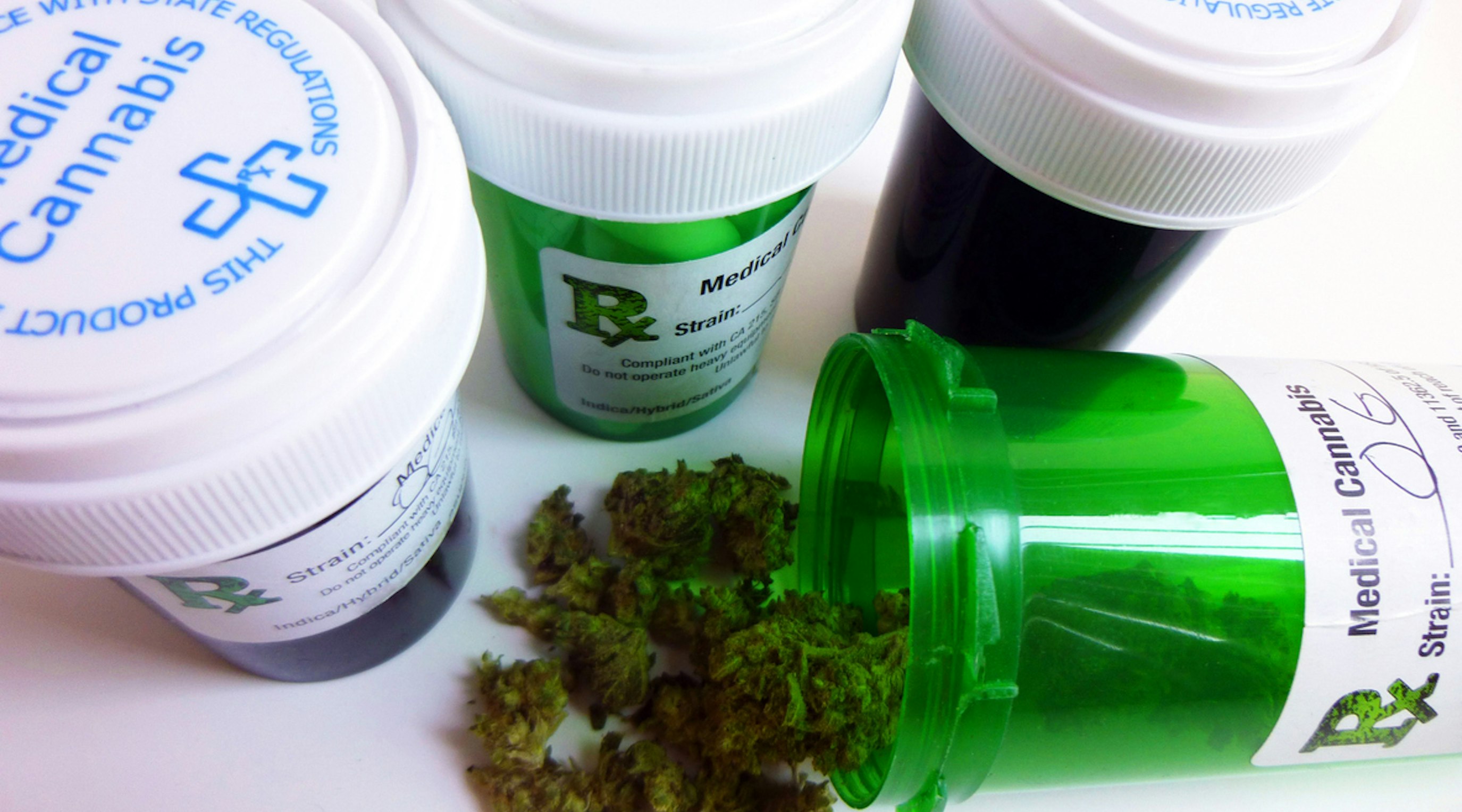Why medical cannabis is never prescribed in resin form
5 min read
Sarah Sinclair
Cannabis-based medicinal products (CBMPs) are now prescribed in a variety of forms in the UK. But one product type you won’t find in the formulary is cannabis resin. In this article, we explore the important reasons behind this and look at the safer alternatives available through medical cannabis clinics like Releaf.
Contents
What is cannabis resin?
Cannabis resin, often recreationally formulated into hashish, is a concentrated form of cannabis.
It is produced by collecting and compressing the trichomes. Glandular trichomes are small crystal-like structures found on cannabis flowers, which contain high concentrations of cannabinoids such as THC and CBD—as well as the various terpenes— that contribute to its potential psychoactive and therapeutic effects.
Resin is typically produced through traditional methods like hand-rubbing live plants, dry-sieving dried cannabis material, or using ice water extraction. The end product can vary in colour from light tan to dark brown or black, and in consistency from soft and pliable to hard and brittle.
Is cannabis resin legal?
While medical cannabis is legal in the UK on prescription, cannabis for recreational use remains a Class B controlled substance under the Misuse of Drugs Act 1971. Using or possessing unregulated cannabis resin carries significant legal risks, including potential fines and imprisonment.
Why is cannabis resin not prescribed in the UK?
Although cannabis resin has been collected and consumed in different cultures for centuries, it is not prescribed by medical cannabis clinics in the UK. This is due to a number of factors which make it unsuitable for use in the manufacture of cannabis-based medicinal products (CBMPs).
Lack of standardisation
One of the primary reasons is the lack of standardisation in its production. Unlike CBMPs, which undergo rigorous quality control processes, traditional resin production methods can result in significant variations in cannabinoid concentrations, product consistency, extraction efficiency and potential contaminants.
Safety concerns
Beyond lack of standardisation and legal concerns, in a medical context cannabis resin may pose potential health and safety risks to patients, particularly as it tends to contain very high levels of THC.
The unknown (and potentially very potent) levels of THC increase the risk of someone experiencing unwanted side-effects, such as anxiety and paranoia or nausea.
Without the strict testing and manufacturing processes involved in the production of medical cannabis, there is not only an increased risk of inconsistent quality, but possible contamination with harmful substances and exposure to pesticides, heavy metals, or other toxins.
Difficulties with dosing
Accurate dosing is crucial in medical cannabis. Medical professionals need to be able to prescribe exact doses and make careful adjustments based on the patient's response.
However, the inconsistent nature of traditional resin makes it very challenging to achieve this level of precision and to track intake accurately. This is another factor which could potentially compromise patient safety, as well as reducing how effective the treatment is for symptom management.
Forms of medical cannabis in the UK
Medical cannabis products are different to resin which is generally produced for recreational use.
One key factor is that producers of CBMPs, such as Glass Pharms and SOMAI Pharmaceuticals, operate under strict Good Manufacturing Practice (GMP) guidelines.
As a result, their products undergo extensive testing for potency, purity, and consistency, ensuring patients receive reliable medication every time.
UK medical cannabis clinics offer a varied formulary of pharmaceutical-grade products that provide reliable and standardised treatment options.
Some of the options available at medical cannabis clinics in the UK include:
- Dried flower products
- Cannabis oils
- Oral sprays
- Capsules and tablets
This variety in formulation is important as cannabis is a very personalised medicine. It allows healthcare professionals to tailor treatment plans to individual patient needs and adjust this as required.
Professional guidance
If you’re thinking about trying medical cannabis to manage an ongoing health issue, it is crucial to do so under the guidance of a qualified clinician. As a starting point, Releaf’s free eligibility checker can help determine if the medical cannabis treatment is appropriate for you. One of the team of specialist doctors will then work with you to find the right product and dosage for your needs.
Final thoughts
While cannabis resin may have historical and cultural significance in many parts of the world, it is not suitable for use as a modern medical cannabis treatment. These products require a standardised, pharmaceutical-grade approach to ensure that patients receive the most effective and consistent treatment possible for their conditions, while reducing the risk of any unwanted side-effects.
Share article
Did you like this article?
It is important to seek medical advice before starting any new treatments. The patient advisors at Releaf are available to provide expert advice and support. Alternatively, click here to book a consultation with one of our specialist doctors.
Elevate your wellness with medical cannabis
Get comprehensive care, convenience, and confidence with an all-in-one treatment plan.
Am I eligible?Authors
Sarah, a distinguished journalist with over a decade in publishing and communications, now excels in cannabis health and policy journalism in the UK, advocating for informed health decisions through her award-winning work.
Editorial Policy
All of our articles are written by medical cannabis experts, guided by strict sourcing guidelines, and reference peer-reviewed studies and credible academic research. Our expert clinical team and compliance specialists provide valuable insights to ensure accuracy when required. Learn more in our editorial policy.
Need more help?










